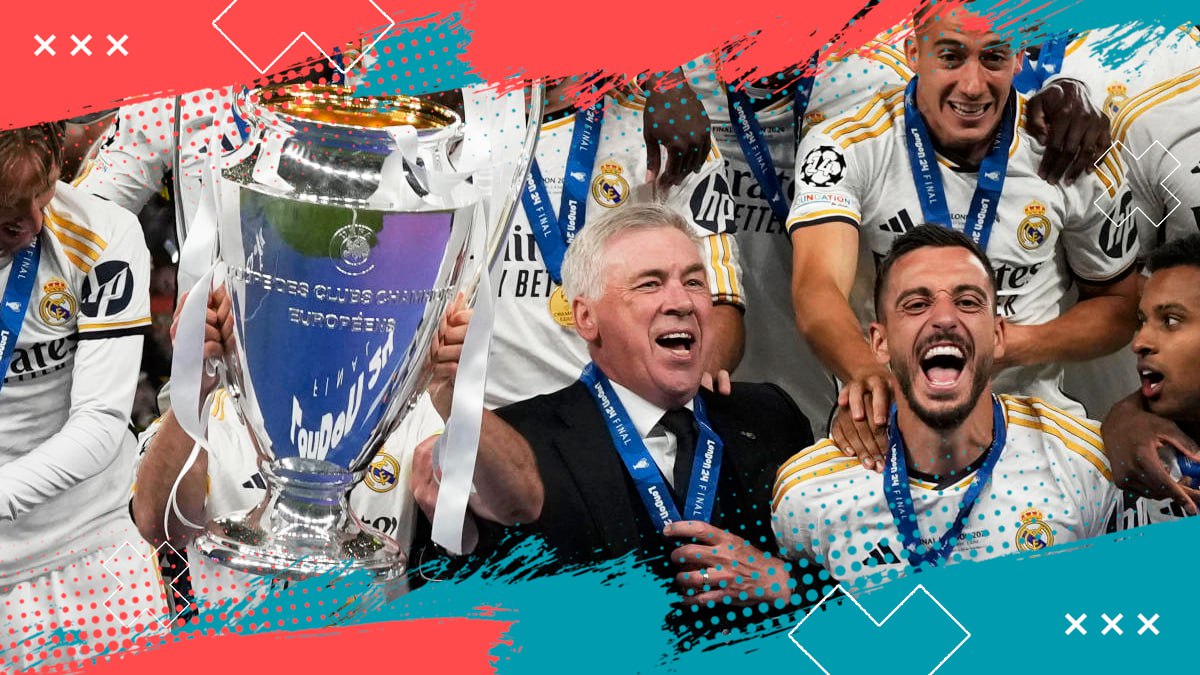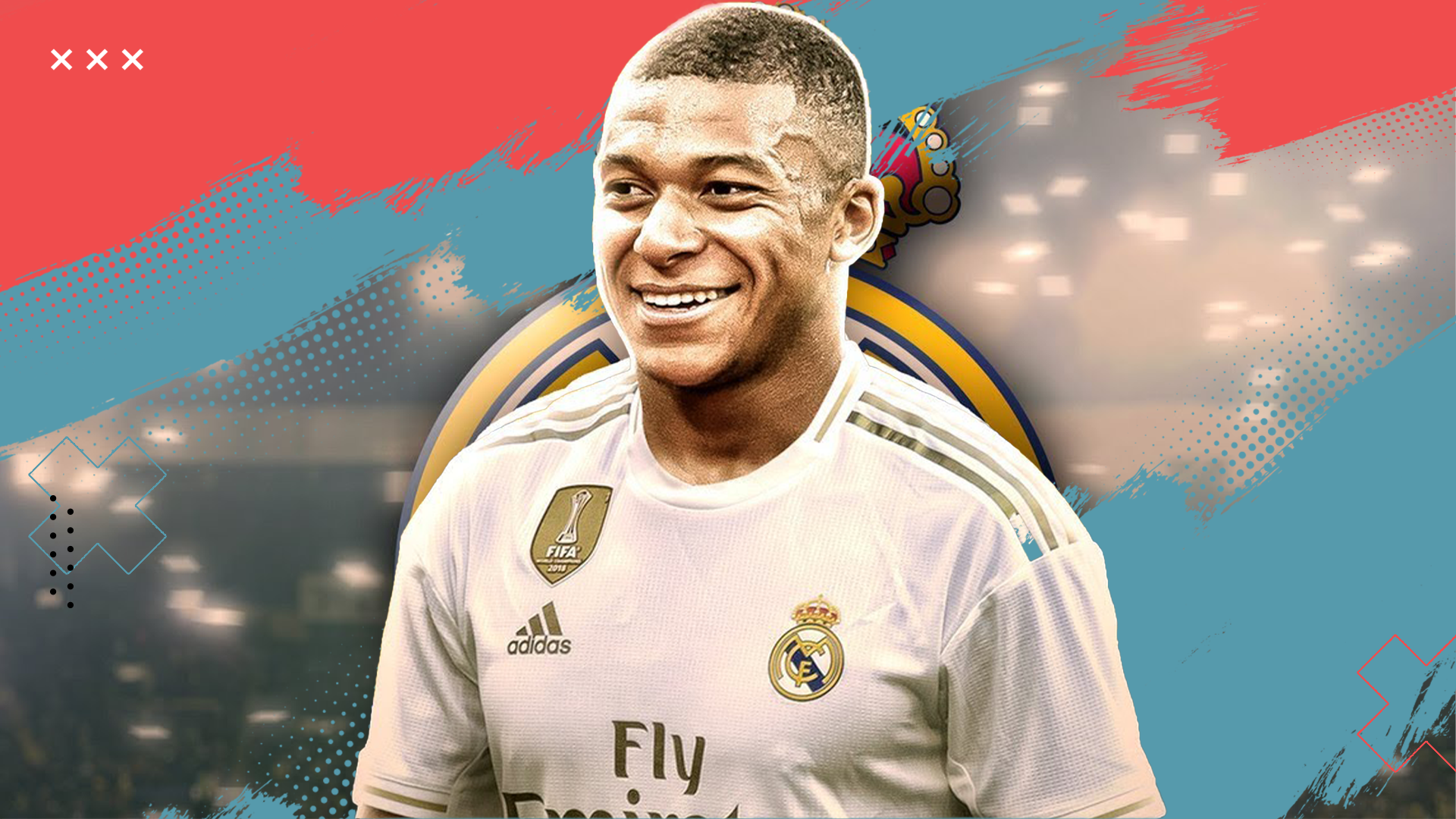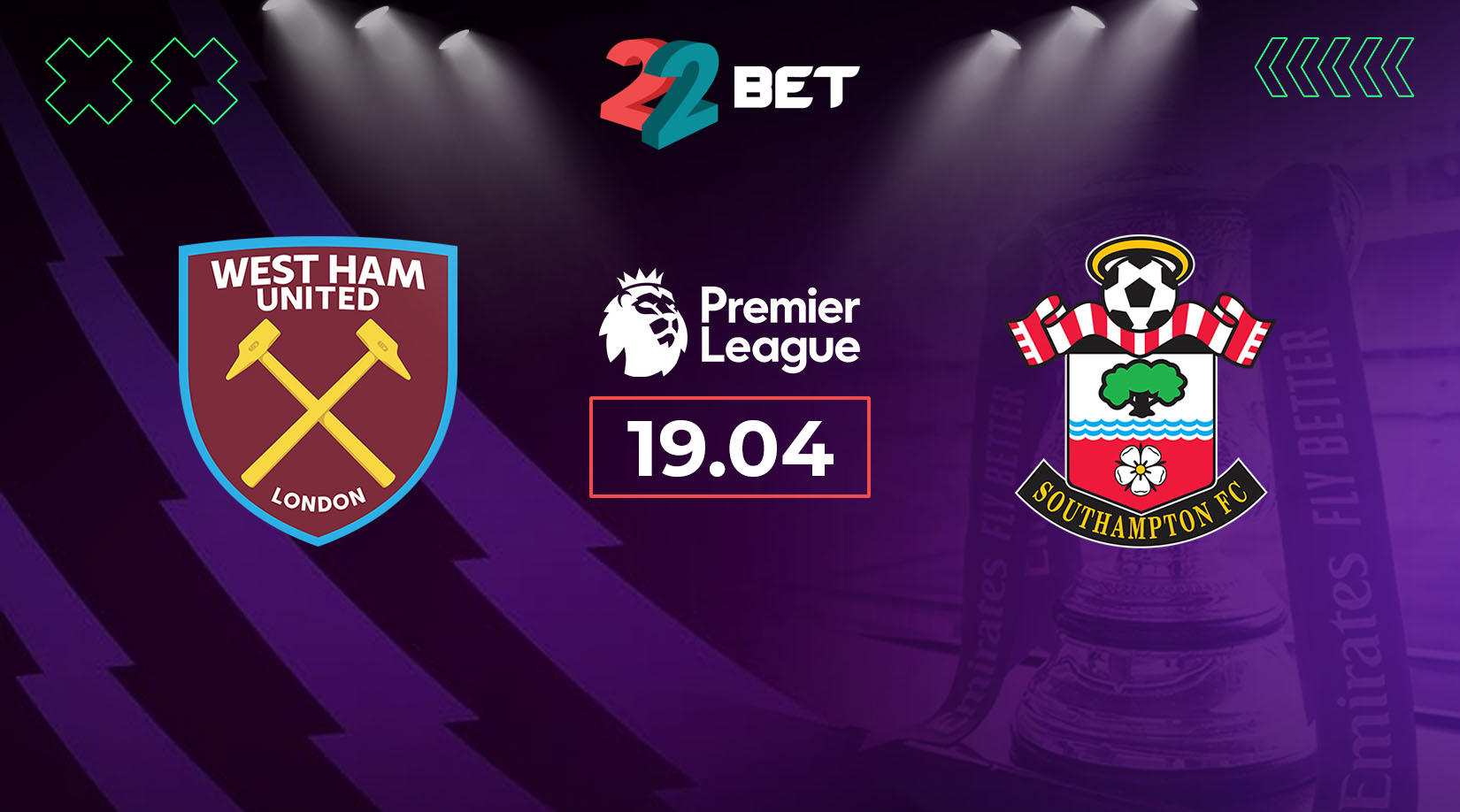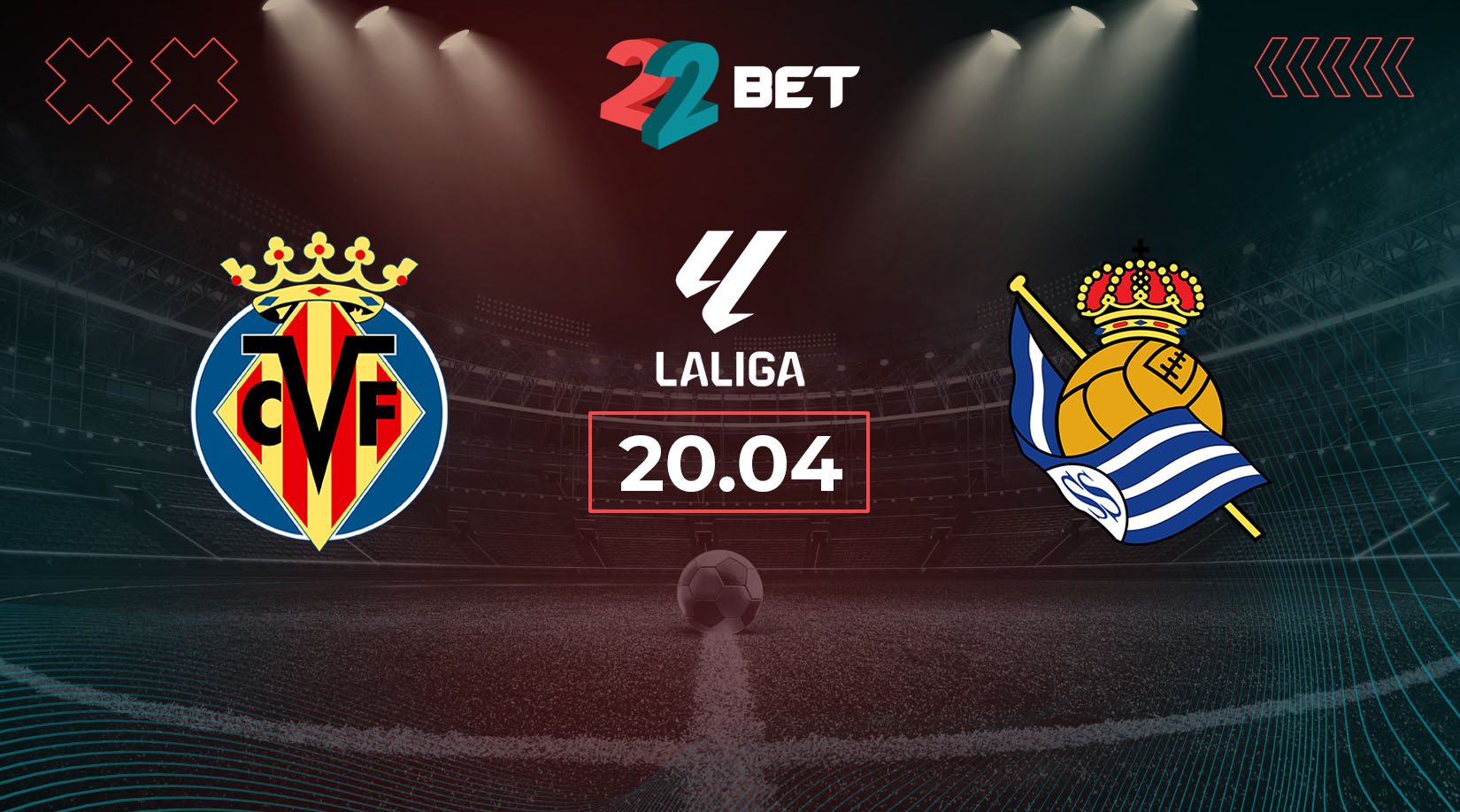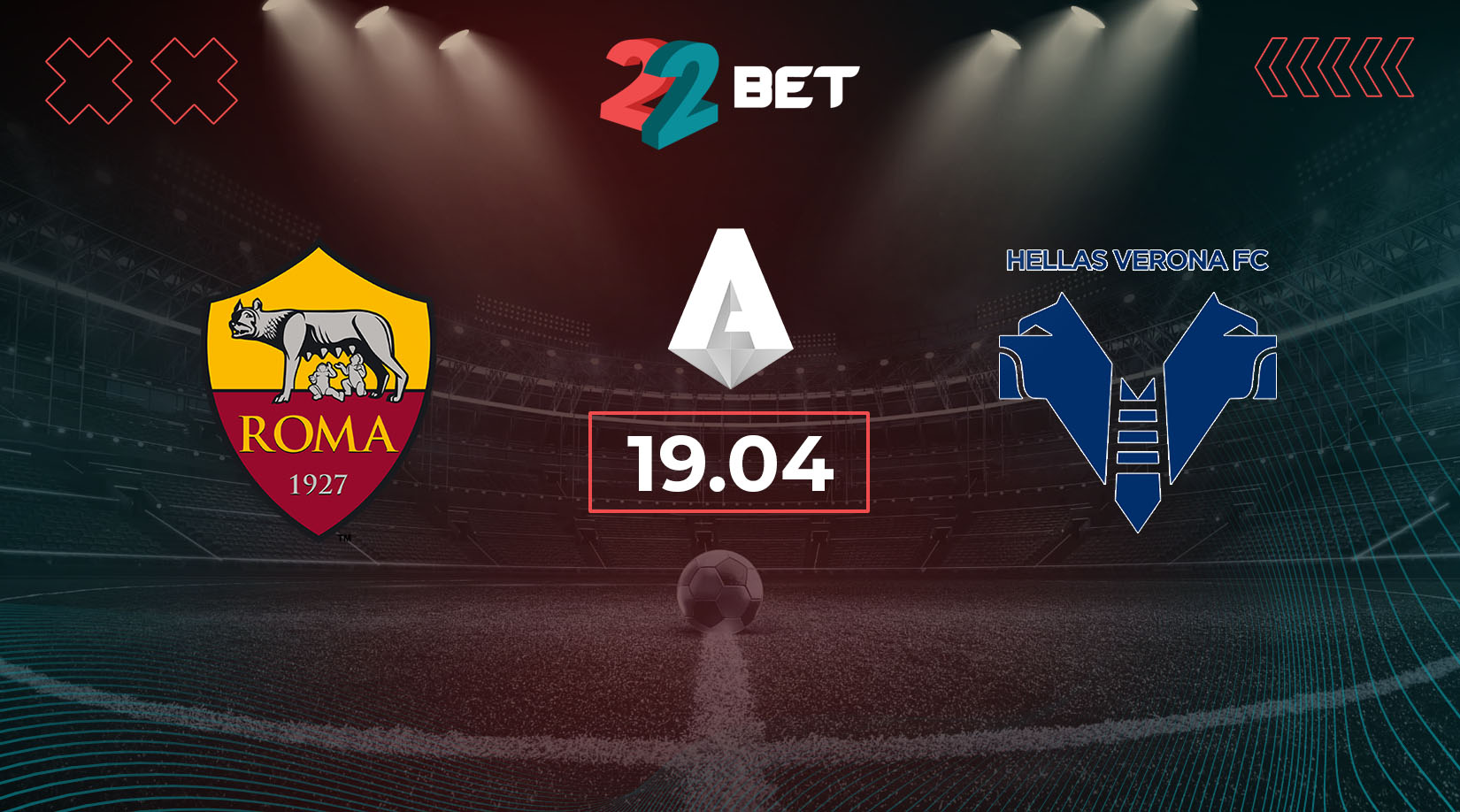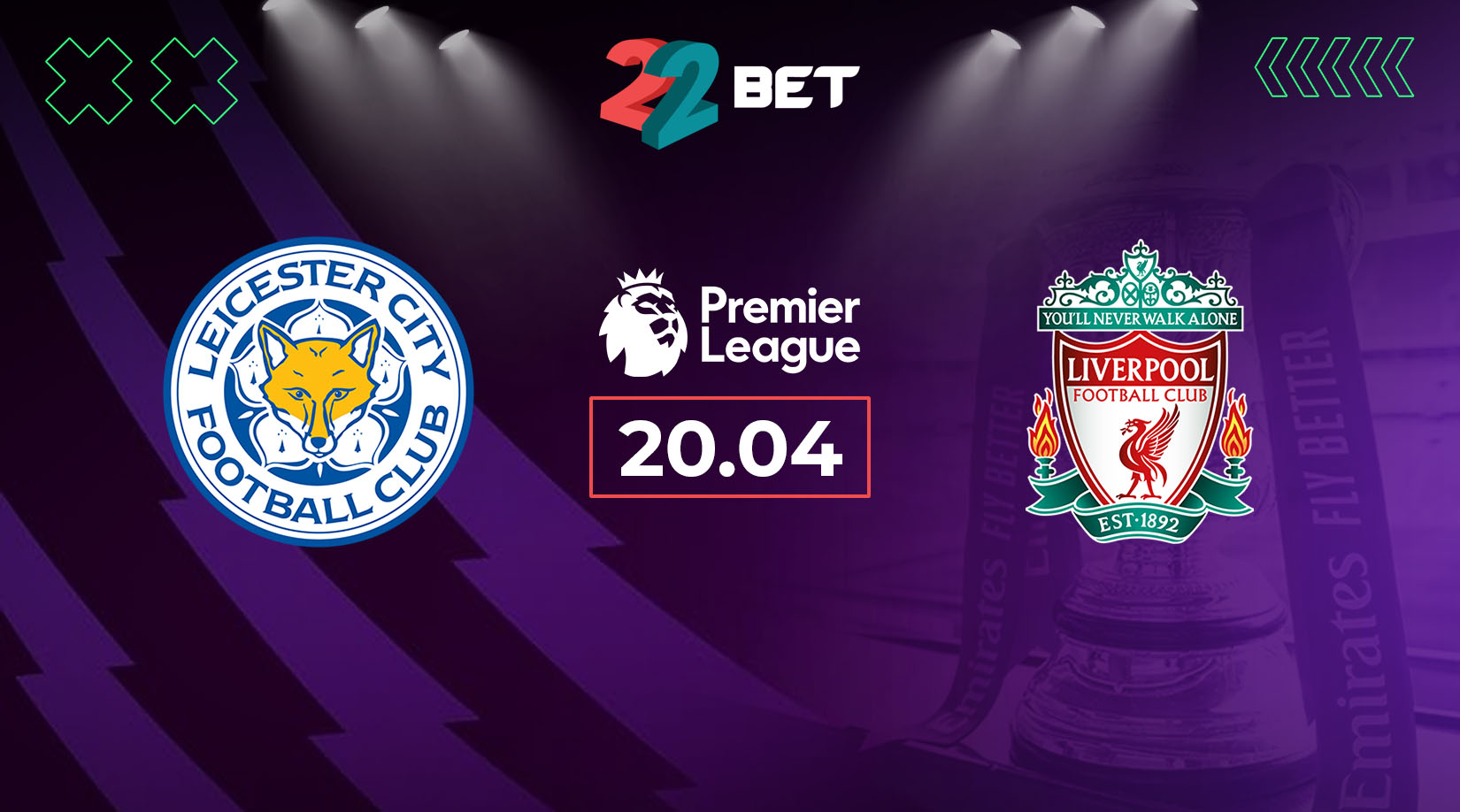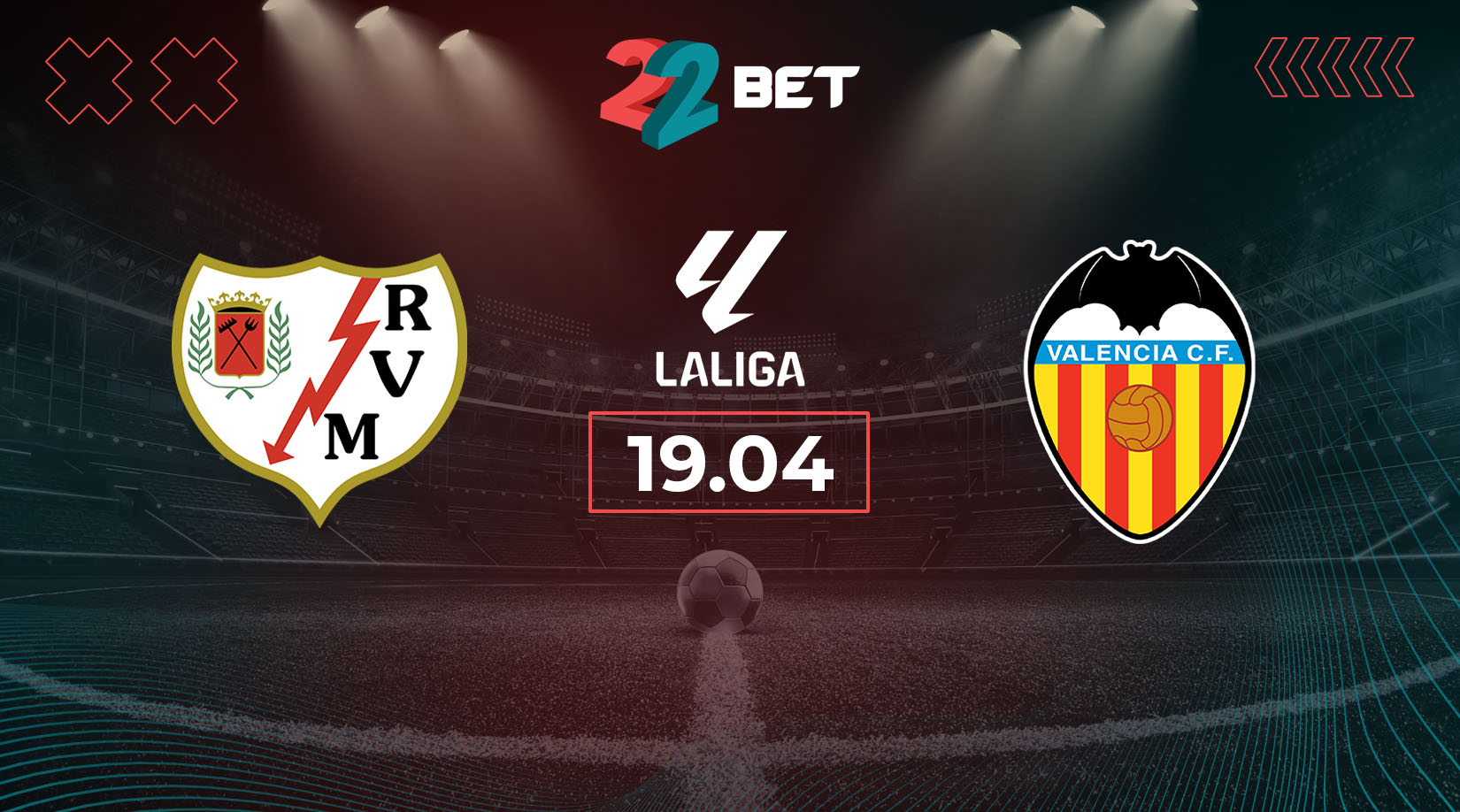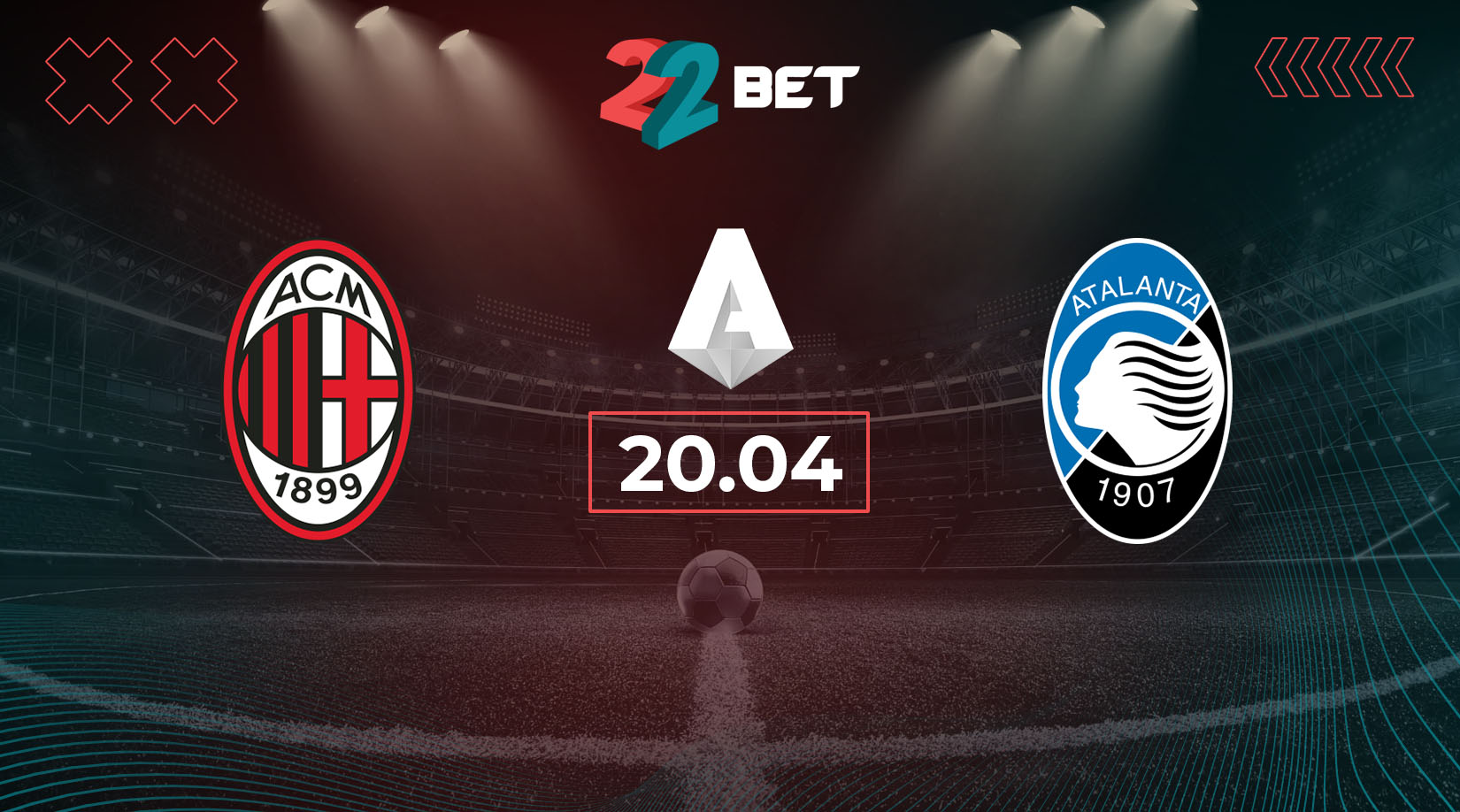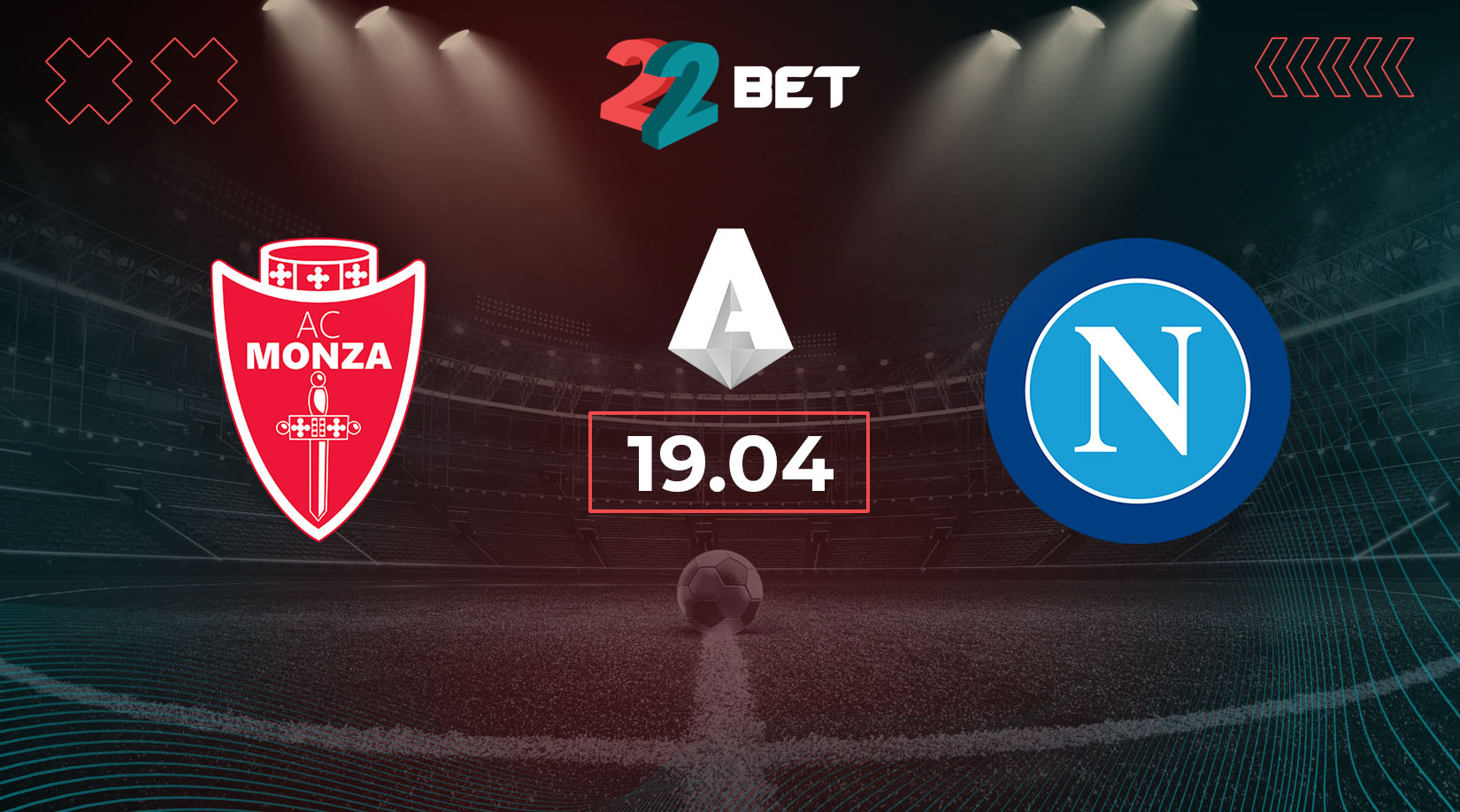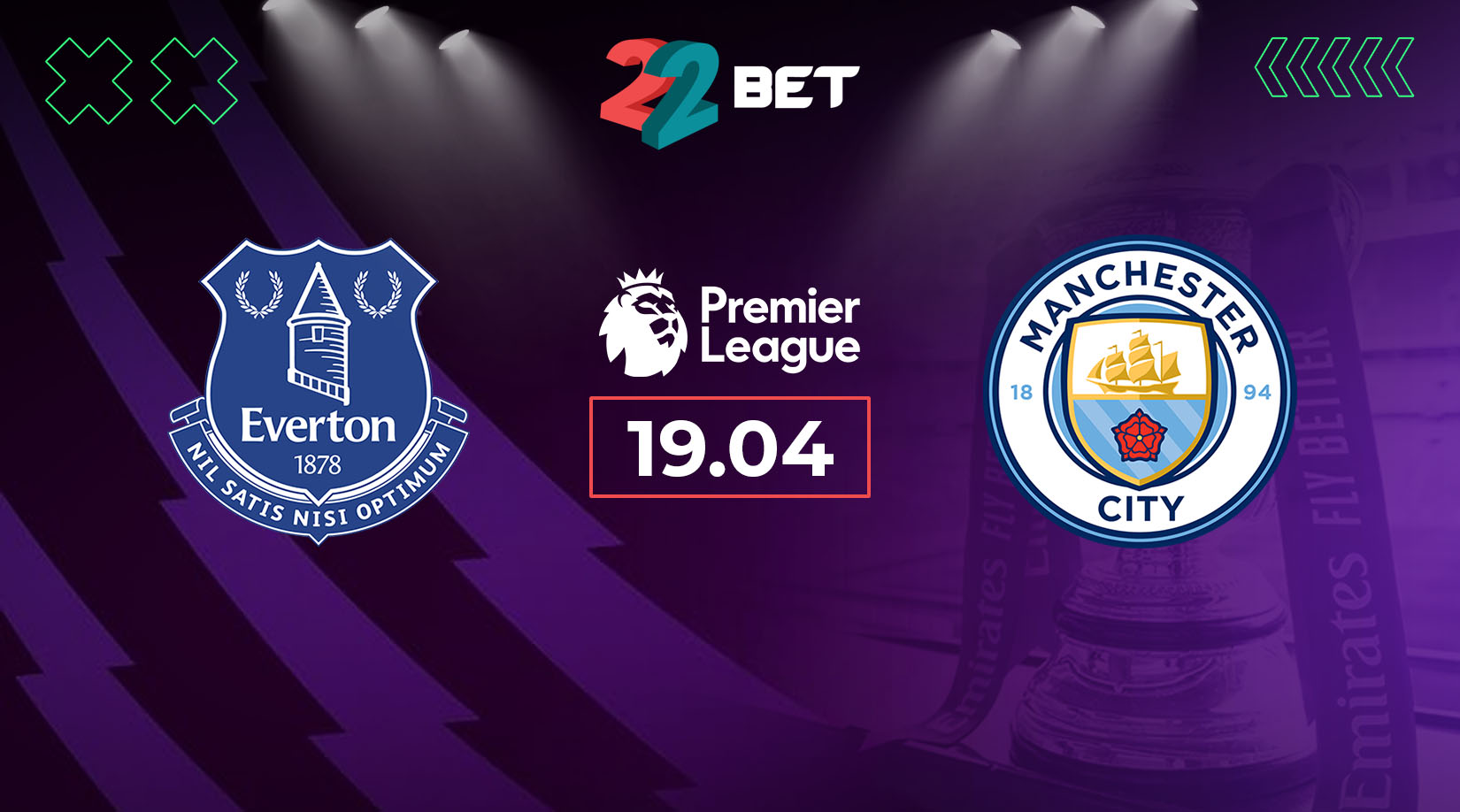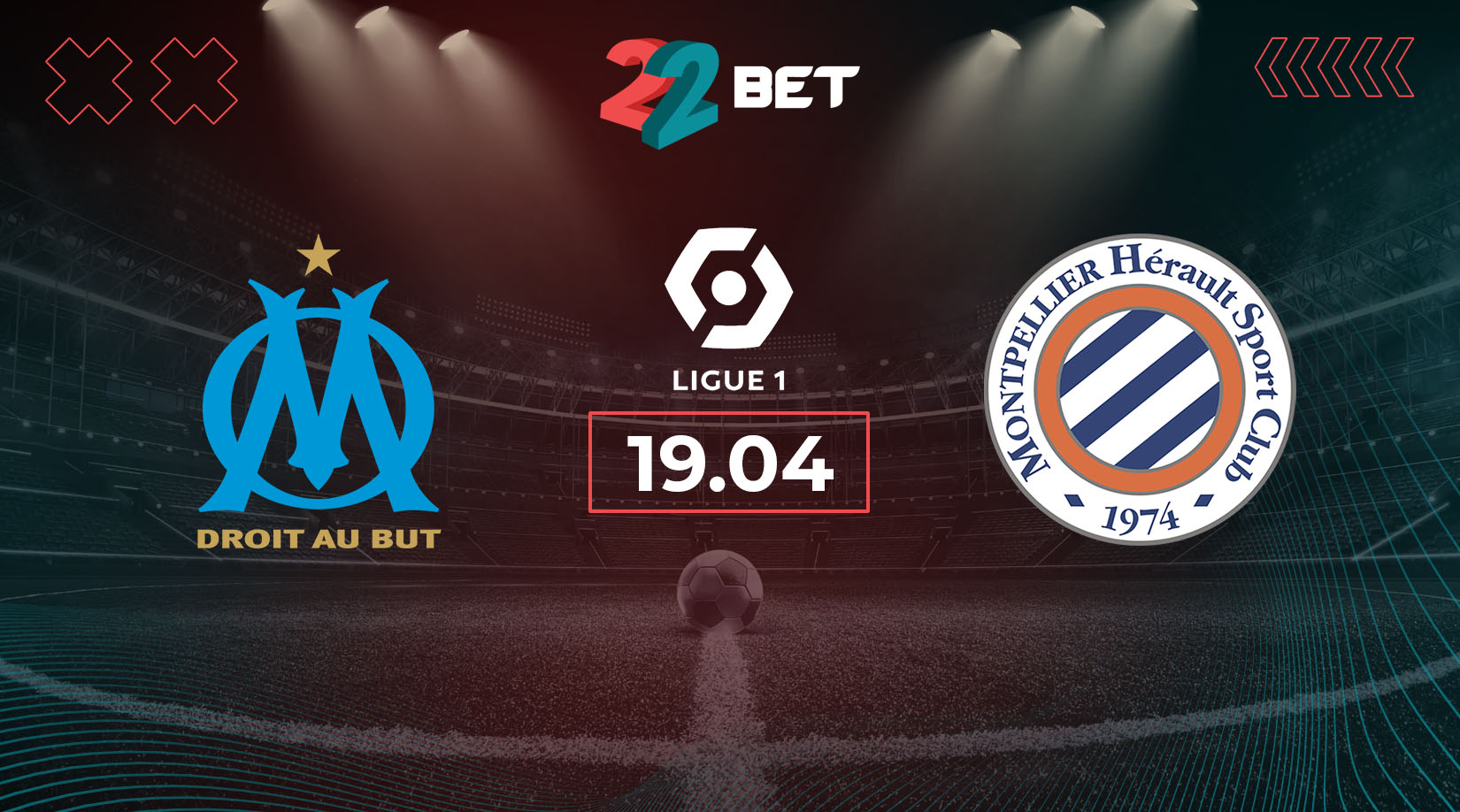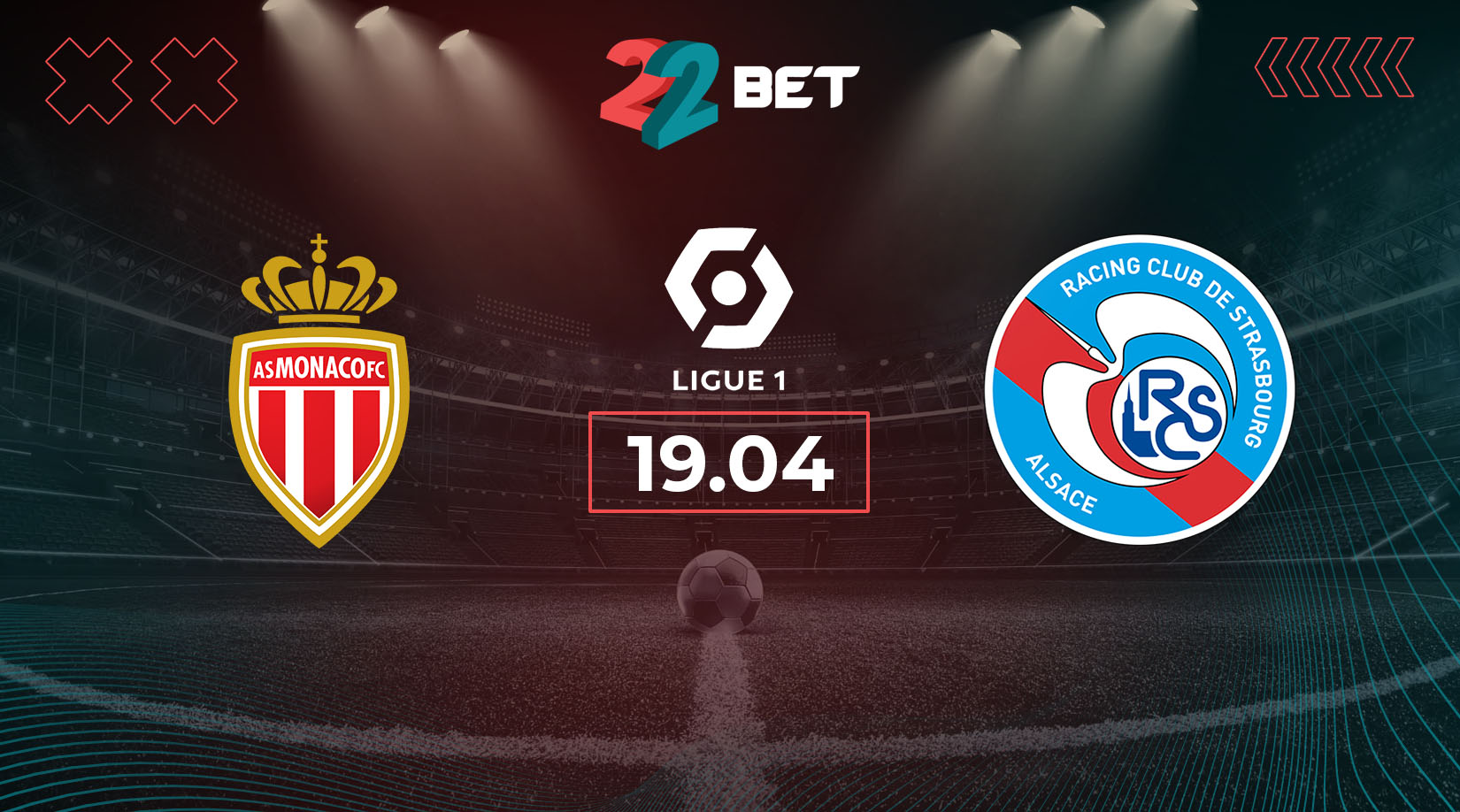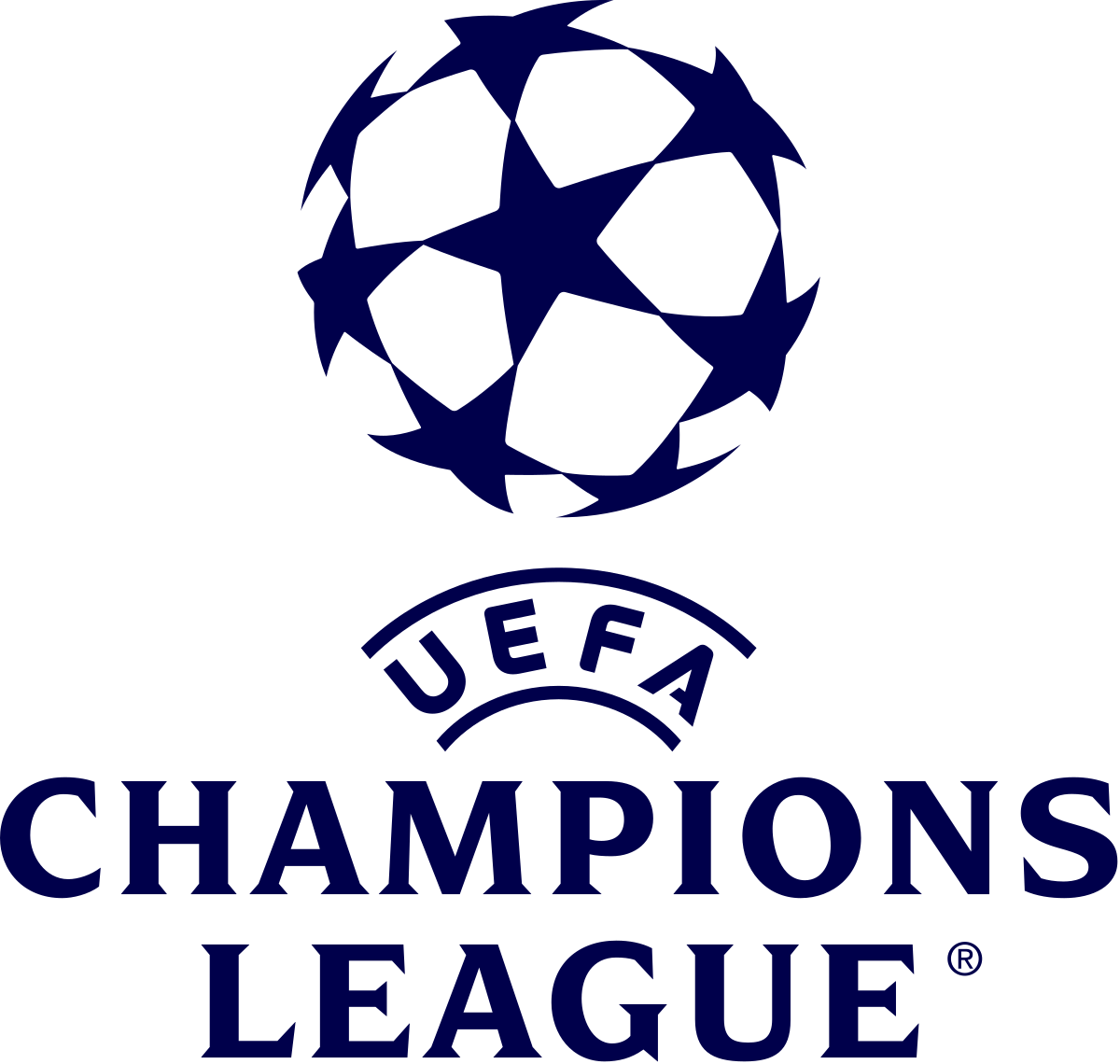The consensus 10 minutes before the Champions League final kickoff, pitting Borussia Dortmund against Real Madrid, was clear: the favorites were Los Blancos, the only team in the world to have won the competition fourteen times. They won it again – but the world was stunned by Dortmund’s domination in the first half. The game can be unforgiving, and this is the tale of BVB’s valiant effort.
Dortmund Dominated The First Half
Given their impressive journey, the world expected Real Madrid to dominate the match. The European champions qualified through a tough bracket, eliminating Manchester City and Bayern.
Everything seemed set for Real Madrid, as the Champions League has always been their favored competition. Dortmund, an underdog by all means, was seen as inexperienced.
🏆 WE ARE THE #CHAMP15NS OF EUROPE! 🏆 pic.twitter.com/EURIV8tkpy
— Real Madrid C.F. 🇬🇧🇺🇸 (@realmadriden) June 1, 2024
However, the first forty-five minutes saw barely any dominance from the Spaniards while the Schwarz-Gelb controlled the rhythm with typical German efficiency. The game was fast-paced, marked by Adeyemi’s quick actions.
Quick-witted, the German forward exploited all the spaces behind Real Madrid’s defences. Many of these actions, until his substitution, will remain fresh in the memories – but history did not record them as goals.
While football can be cruel, the Champions League is even more unforgiving. During this first half – where Madrid struggled against Dortmund’s speed, all the big chances were on BVB’s side. Once again, Germany’s physical preparation and football culture saw Spain’s team failing to keep up with the tempo.
Looking forward 👊 pic.twitter.com/8yk40aSkE4
— Borussia Dortmund (@BlackYellow) June 1, 2024
Dortmund had already eliminated another Spanish team – Atlético de Madrid. It all went downhill after several missed opportunities and Adeyemi’s substitution (replaced by Marco Reus in his final game). Everyone understood that Dortmund would no longer pose a significant threat.
Slight Adjustments Allowed Real Madrid to Win
For Carlo Ancelotti, the game was all about adjustments. Ian Maatsen, a solid full-back who excelled in pass selection and timing, provided crucial support, allowing Adeyemi to thrive on his wing. Real Madrid understood that they needed to keep Maatsen occupied and busy.
Although the substitutions only arrived twenty minutes later, the adjustments were noticeable. Real Madrid started attacking Maatsen’s side, eventually overwhelming him.
🔥 What a time to score your second #UCL goal, @DaniCarvajal92!
🏆 #CHAMP15NS pic.twitter.com/GkGEvk0KQd— Real Madrid C.F. 🇬🇧🇺🇸 (@realmadriden) June 3, 2024
Most teams would have panicked in such a situation – but not under Carlo Ancelotti’s guidance. He made subtle role adjustments, fully embracing the philosophy that ‘defense is attack.’ Carvajal switched from a regular up-and-down full-back to inverting in the midfield, adding an extra man to support the attack. This was a change Dortmund never found a solution to.
The Tactical Schemes and Madrid’s Troubles
In the original set-up, Real Madrid deployed a 4-4-2 formation, which saw the two Brazilians, Vinicius and Rodrygo, failing to apply high pressure to Dortmund’s deep block. Naturally, the Germans ran the show – as Real Madrid failed to close the gaps, leaving the now-crowned champions chasing shadows.
A major problem for Los Blancos was the role of Emre Can, the pivot of the Dortmund team.
Every counter-attack started through him. Real Madrid was too slow to press forward, giving Dortmund time to orient themselves. Dortmund played a deeper block, which forced Real Madrid to decide where it wanted to press. However, this decision was never clear, allowing Dortmund to orchestrate the play they wished.
68’ | COME ON BOYS
#BVBRMA 0-0 #UCL #UCLFinal pic.twitter.com/bFgvKZFB0l— Borussia Dortmund (@BlackYellow) June 1, 2024
The only notable change going into the second half was Ancelotti’s decision to have his team play a deeper block, making it tougher for Dortmund to coordinate their attacks.
Marcel Sabitzer and Julian Brandt were two other players that caused Real Madrid trouble. In La Liga, the Spaniards typically face deep passive blocks, giving them time and space.
Against Dortmund, this was not the case. Sabitzer and Brandt cut off Real Madrid’s passing lanes and applied high pressure. The usual left channel, composed of Eduardo Camavinga, Jude Bellingham and Vinicius Jr, was effectively shut down. Even worse, every failed take-on resulted in Mats Hummels and Emre Can launching counter-attacks.
This is why Real Madrid was barely seen in the first half – their main attacking channel was completely neutralized.
Defense Wins Titles, and Dortmund Fell Short
While public opinion praised Dortmund for their aggressive approach against Real Madrid, who aimed to slow the game’s tempo, rarely has the Champions League seen such a lack of defensive care as exhibited by Dortmund.
The space between Dortmund’s players was enormous, which left acres of space between the lines. This theme continued in Madrid’s “comeback” after the 60th minute when Real Madrid began exploiting the pockets of space between Dortmund’s players.
7️⃣ @ViniJr? Scoring in a #UCLfinal? We’ve seen that one before 😉
🏆 #CHAMP15NS pic.twitter.com/A1WPlI95o5— Real Madrid C.F. 🇬🇧🇺🇸 (@realmadriden) June 3, 2024
The only reason Los Blancos didn’t capitalize more in the second half was the distraction posed by Borussia’s counter-attacks. Madrid needed to understand that they had to force Borussia to defend more.
A Substitution that Killed Dortmund’s Chances
In the second half, Dortmund coach Edin Terzić made a costly mistake that dashed all of the team’s hopes. He assumed Adeyemi would be tired and brought on club legend Marco Reus.
Adeyemi should have stayed on, acting as a constant threat. Instead, with Reus on the field, Dortmund lost its dynamic edge and became suddenly toothless. On the other side, Jadon Sancho never troubled the rock-solid Ferland Mendy.
With Füllkrug seeing little of the ball, Adeyemi was the only forward consistently challenging the defense.
🔟 + 5️⃣ = 1️⃣5️⃣#CHAMP15NS pic.twitter.com/laF7T0YdjS
— Real Madrid C.F. 🇬🇧🇺🇸 (@realmadriden) June 3, 2024
While Dortmund was reworking their plan with the substitutions, Ancelotti noticed a vulnerability. Dortmund’s weakness was the near post, and Dani Carvajal capitalized – his header was enough to break the deadlock.
The Germans lacked focus on set pieces, one of the most critical aspects that can be studied beforehand. Carvajal, despite his shorter stature, elevated himself and scored the header. After the first goal, everyone knew Dortmund was not coming back. They lacked the necessary experience.
Mentality Is Why Madrid Won
When Real Madrid establishes their dominance, it is all about mentality – no one does it like Madrid. The rest of Ancelotti’s substitutions were all offensive – including Modrić and Joselu – and this pushed Dortmund further back.
This resulted in Ryerson being overwhelmed by Vinicius Jr, the eventual scorer. Dortmund never managed to leverage Füllkrug’s physical presence as it wanted to. While the German forward did his job, he received little service. Madrid’s defence handled him well, and when they didn’t, the towering Courtois kept all balls out.
The Small Margins Of Football
Dortmund did everything right until the 60th minute – except for one crucial aspect which cost them the game. While the Germans thrived, they never established psychological dominance.
This is what separates the elite from second-placed teams that fall short in the final. Many will remember the 2013 final when Dortmund came close to European glory. After their first miss in the opening quarter, BVB rushed their play – attempting to accelerate the game. By skipping essential steps, they faltered.
The key, as Carlo Ancelotti demonstrated, was to remain calm despite the opponent’s speed. Many managers would have changed half of the line-up after the first half – but Madrid is accustomed to these situations. Ancelotti calmly waited for BVB to be exhausted from their relentless running – and then it was Madrid’s show.
🏆 We are presenting our 15th European Cup to the #Madridistas.#CHAMP15NS | #RealMadrid pic.twitter.com/6ScyB89jCo
— Real Madrid C.F. 🇬🇧🇺🇸 (@realmadriden) June 2, 2024
In many ways, Dortmund lost due to a lack of experience – the secret formula of Madrid, a team that always retains the vigor of youth. The scenes of Camavinga maintaining a dynamic approach until the final whistle will haunt Dortmund forever.


